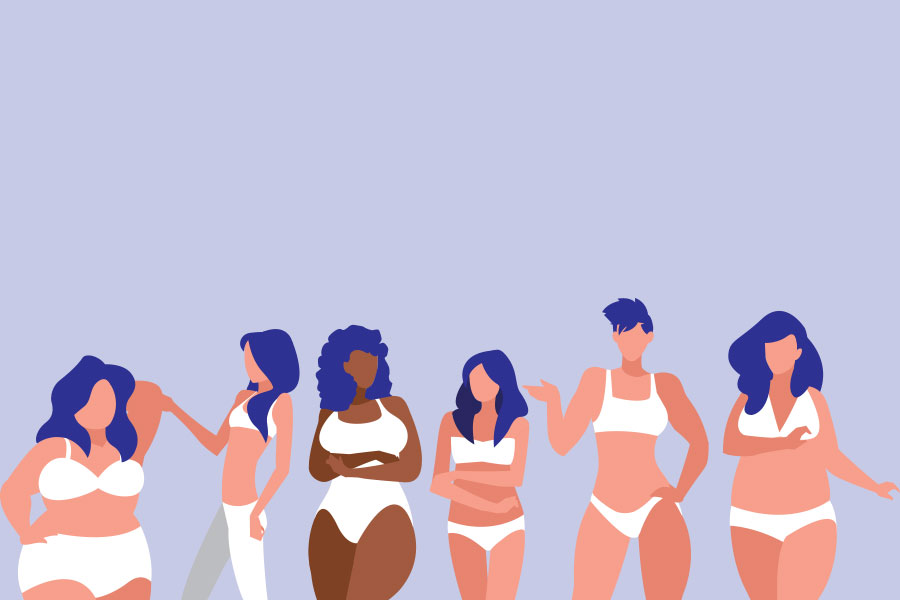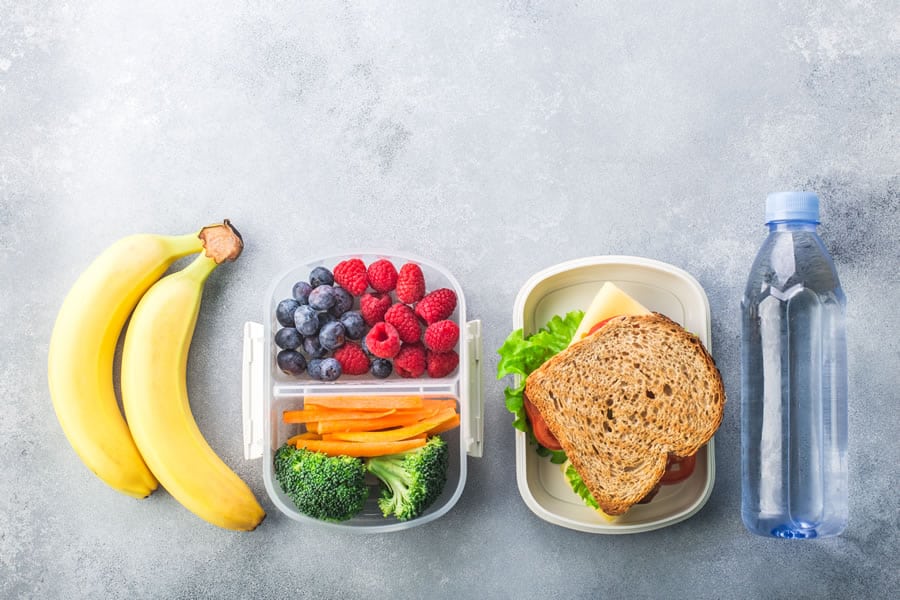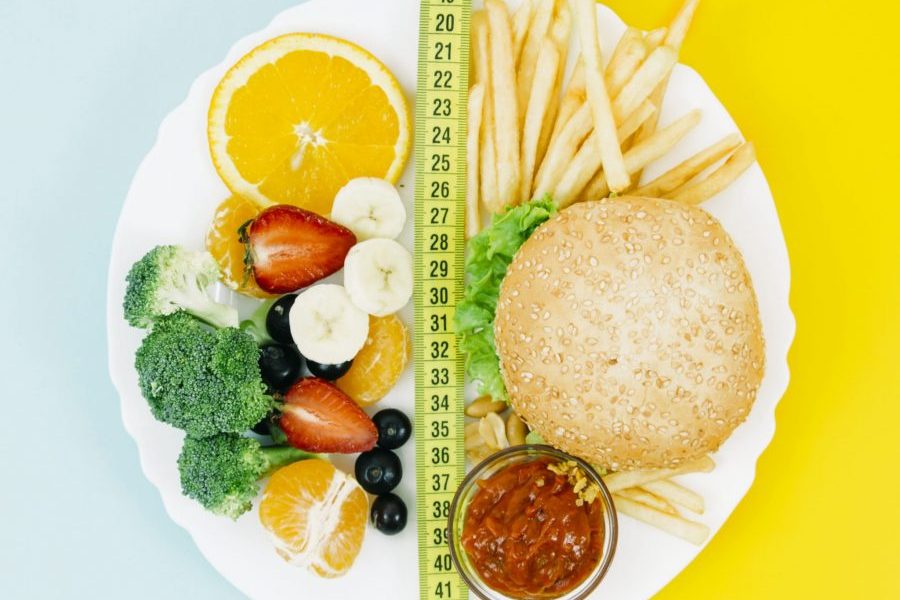Recently I was out for coffee with a friend and she’d lost a lot of weight because medications had suppressed her appetite during an illness. It got me thinking that complimenting someone’s weight loss sounds like an awesome idea, but is it? Most of our friends are always talking about losing those few kilos. I know most of your Instagram feeds are full of weight loss and fitness success stories (along with an expensive magic pill). It only makes sense that we might congratulate someone for their efforts on such a difficult endeavor. Sadly, it’s not that simple, and it’s not just the PC police who think so! There are some really important reasons why we should find other ways to compliment our loved ones and I’ll show you why and how below.
1. Weight loss may not healthy
Most of the time, we don’t really know how people lost weight, and there’s a good chance they did it by restricting important food groups. Atkins, keto, fasting and carnivore diets (to name a few) can ask us to cut out huge portions of key nutrients just to get to a certain weight quickly and trick us into thinking we’ve become healthier. Fats, carbohydrates, proteins, vitamins and minerals support normal growth and development. Without them we can have many health issues, including problems with our DNA, repairing tissue, producing hormones and keeping bone and muscles strong. I could go on. A complete diet is essential for our bodies to function.
There are also many reasons why we might lose weight unintentionally, including mental health issues, diseases, medications and even cancers that can cause unintended weight loss. Even when we know how or why someone lost weight, it may not be healthy weight loss.
2. Most diets fail
Somewhere between 70 and 95% of them fail, actually. Weight loss is actually really hard for most people to keep off, and gaining more weight than we started with is extremely common long term (as a side effect of weight loss). Failed diets often cause shame which promotes emotional eating and more useless diets in an endless cycle of weight loss and regain. Not to mention paying for lots of unused gym memberships and ineffective supplements. Genetics, upbringing and food environments all play a huge role in our food intake, and our bodies usually fight against weight loss to protect us. It turns out diets aren’t all they’re cracked up to be. People don’t fail diets, diets fail people!
3. We are more than a number
Our media outlets keep telling us that beauty isn’t skin deep, but those same media outlets keep sending mixed messages, talking about our appearance as if it’s the only interesting thing about us. Complimenting weight reinforces the idea that beauty can be defined by other people and that it’s only on the outside. When we objectify each other with weight we’re saying that we’re only interesting or worthy of love when we hit a magic number and not before. Healthy, stable weights are usually higher than society, fashion and media’s ‘correct’ weight. Read more here: Health at Every Size.
4. It can be intrusive and even dangerous
Commenting on people’s weight is really invasive. Talking about someone’s weight has the same effect as talking about any other part of our bodies by making the other person self-conscious. It also gives them the backhanded compliment that they weren’t attractive or interesting until they ‘fixed’ some part of themselves.
These compliments can also trigger, encourage or promote disordered eating, including anorexia and binge emotional eating. Disordered eating can be as subtle as avoiding a party or social event because of the food being served. This can lead to social isolation and less friends at a time when we’re most vulnerable. For many people, losing weight receives so much admiration that they feel like their value is exclusively tied to weight, pushing them into disordered eating. It starts early, and kids as young as 5 consider dieting based on their parents’ behaviour.
So, what to say instead?
I find weight is always mentioned at gyms and social occasions. If you want to comment, try compliments that don’t focus on the person’s body shape or appearance. “It’s great to see you getting stronger and having more energy” or “It’s great to see you moving your body in a way you enjoy”. Tell someone how great their smile is, how happy they look, or how on point their outfit or earrings are.
If someone asks about your body you can try what Beauty Redefined suggest and redirect the conversation by saying you’d rather talk about the rest of your life instead. Or just be vulnerable and say it’d make you more comfortable to talk about other things like everyone’s plans this weekend. Our bodies are capable of so much more than just gaining or losing fat so let’s move the conversation over the things that matter! You can start with our blog to find more great topics around food!










